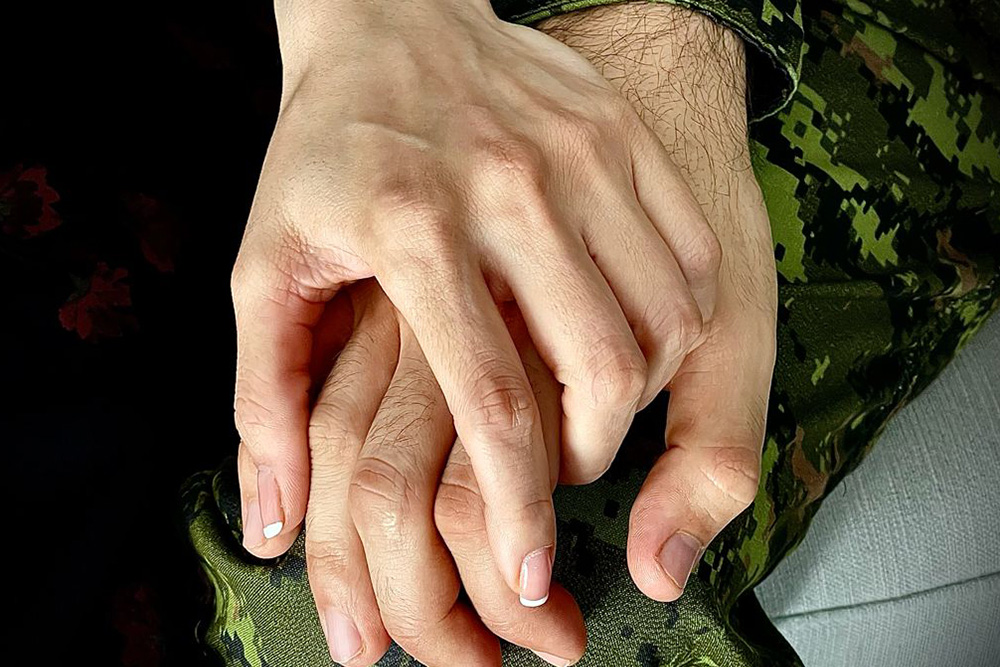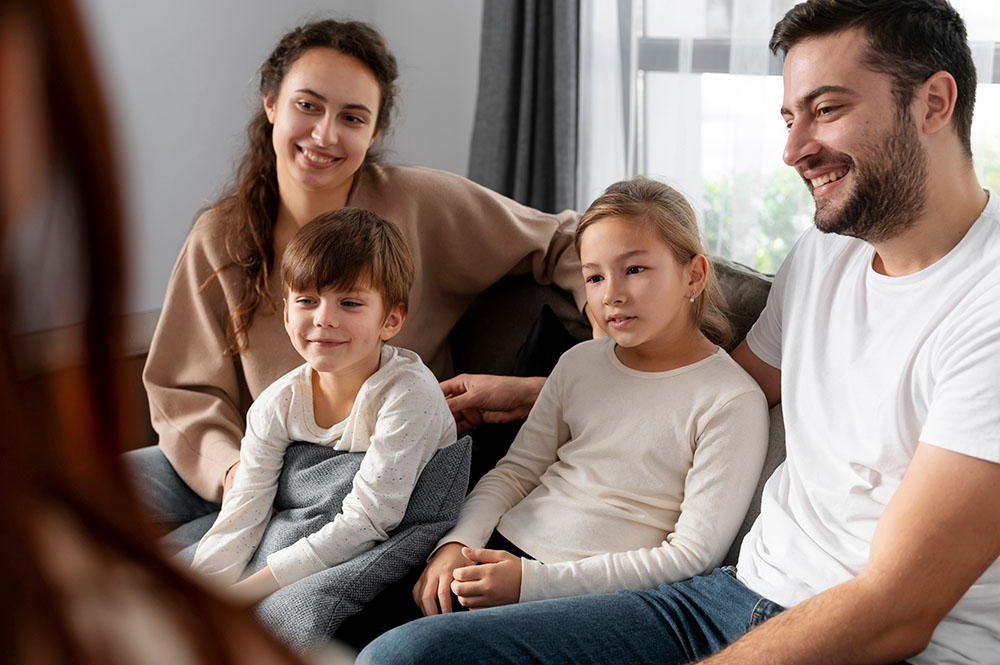Families of First Responders & Veterans
Family Therapy for First Responders & Veterans
There is no shortage of common stressors families face. However, families of First Responders and Veterans often have many other unique challenges. Maybe you need to take on more responsibilities at home or your children struggle with a parent unable to be at home due to service or struggling with injuries from duty. Perhaps what seems like constant moving has become exhausting. Maybe it is a traumatic loss or a secondary traumatic injury related to their service. Although the strength of a family is the unity they share, stresses can cause division and weaking what ties you together.
We recognize you might face a complicated maze of supports that might ultimately be disconnected from one another. Although potentially useful, when many of these treatment options exist in isolation, they may not meet your unique needs. We have a circle of care that connects you together.
Are you struggling with:
- Difficulty understanding how service can strains relationships
- Difficulty understanding changes in your loved one
- Finding ways to manage the strains of service
- Increased irritability or mood swings
- Feeling emotionally numb
- Feeling detached from others
Our practitioners provide a circle of care that helps you and your family navigate the unique challenges you face.
How might therapy help you and your family?
-
Make better sense of what is happening
Therapy can help you better understand the impacts service can have on the physical and mental health of your family.
-
Work on processing experiences
Therapy can help you to talk about past experiences and begin making sense of how they affect life in the present.
-
Identify how to reduce physical reactions to stress
Therapy can help you to learn how to manage your stress levels and reduce the physical symptoms of stress.
-
Find connections between mood and thought patterns
Therapy can help you to understand how your thoughts and beliefs are affecting your mood and behaviour.
-
Develop techniques to manage distressing experiences
Therapy can help you to develop techniques for dealing with difficult experiences.
-
Discuss how to improve relationships
Therapy can help you improve your ability to communicate and build stronger relationships with your loved ones.
We recognize you might face a complicated maze of supports that might ultimately be disconnected from one another. Although potentially useful, when many of these treatment options exist in isolation, they may not meet your unique needs. We have a circle of care that connects you together.

Couples Therapy
It is not unusual to have anxiety that a spouse could be harmed or killed on duty, feeling alone in a marriage, like a single parent, or struggling with separation and divorce. Even the healthiest of relationships can begin feeling the strains of service, especially if stresses are building up or they are expecting significant changes, like a posting, deployment, or the birth of a child.

SexTherapy
From sexual roadblocks, like low sex-drive, to unique challenges couples face, such as difficulties with intimacy, our approach is evidence-based and provided by our sex therapist, specialized in this important, while often unaddressed, component to health. Although physical or medical conditions, like low testosterone, are NOT treated in sex therapy, we can work collaboratively with your Family Doctor or our Naturopathic Doctor.

FamilyTherapy
What constitutes a family can mean many different things. From relationships between parents and their children, trouble with feeling connected, problems with co-parenting, substance-use, or difficulties understanding how the strains of service have affected a family member, our approach is tailored to the needs of your family.
